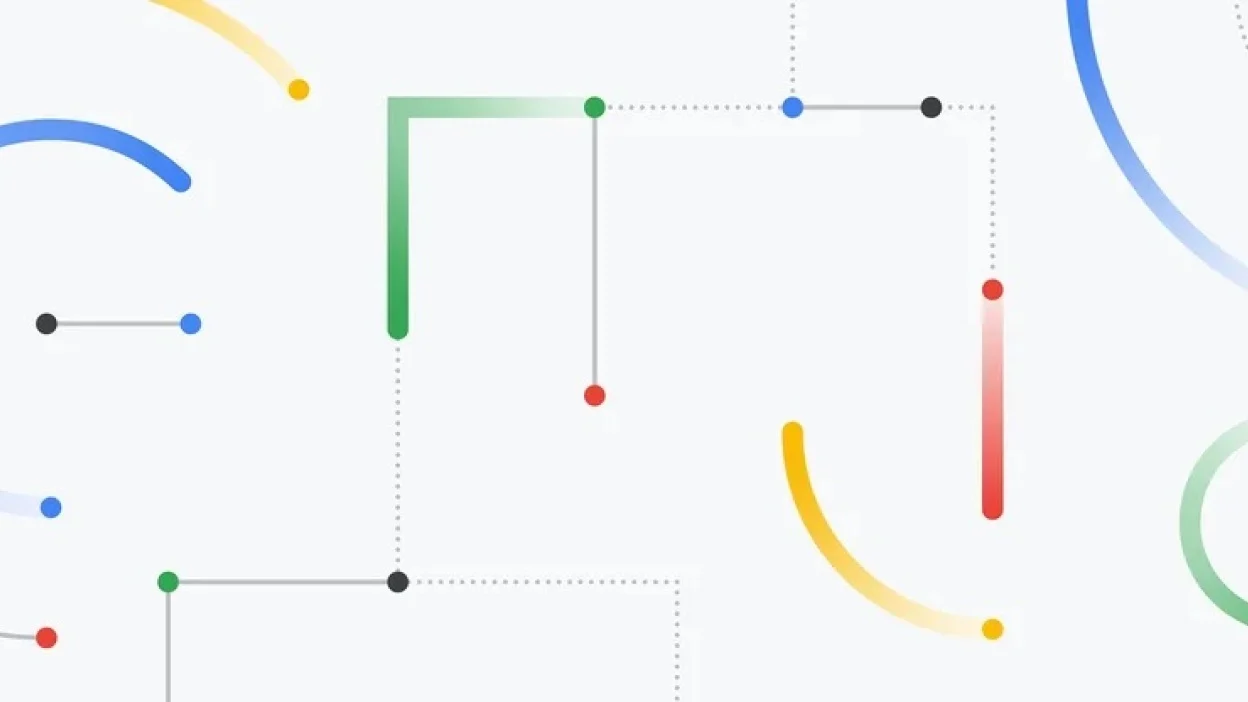Search Results
228 items found for ""
- Build your own ChatGPT
In a guest article, Dan Shipper describes how to create a chatbot designed for Lenny's Newsletter. According to him, it is quite simple to build your own chatbot using OpenAI’s GPT-3 language learning model. It takes a few steps and a bit of coding to index data and input it into the model, but the possibilities are endless. You could create a chatbot for your own website so users can consult it rather than search for a specific article or ask you a question that has already been answered. Otherwise, it could be used as a personal assistant that can check your notes or organize your schedule. Once you get started, you’re only limited by your own imagination. Read more about how to make your own chatbot at Lenny’s Newsletter.
- OpenAI’s CTO thinks ChatGPT should be regulated
Mira Murati, the chief technology officer at OpenAI, has recently argued for the regulation of AI technology like ChatGPT. She notes that AI poses fundamental risks as it can be misused or taken advantage of by bad actors. To her, regulation is necessary to manage the use of AI so that it is aligned with human values. Murati’s comments raise interesting questions about the ethics of AI. As the use of chatbots and other tools increases, creators of AI technology are taking risks into consideration. Suggestions that others weigh in on AI use and regulation perhaps indicate widespread desires to incorporate it more widely into daily life in a sustainable and ethical way. Read more at TIME Magazine.
- ChatGPT passed a Wharton MBA exam
A professor at the University of Pennsylvania’s Wharton School made ChatGPT write an exam for the school’s Master of Business Administration (MBA) program. The bot passed with a B grade. This has implications for the business world, as it demonstrates that AI can solve problems that MBA graduates face. Further, it could be concerning for educators who are already worried about students using AI chatbots to cheat on exams or write essays. Despite these concerns, many teachers and professors believe that AI can enhance learning, as long as student competency is measured in creative and distinctly human ways. Read more at NBC.
- Can AI persuade humans on political issues?
According to a new report from a team at Stanford, GPT-3 can influence humans’ opinions on policy issues. AI-generated messages were found to be as persuasive as arguments from regular people. They were also perceived as more logical and factual than human messages. While this raises questions about regulating AI applications in political contexts to prevent misinformation, it also underlines the power of AI. If GPT-3 is more persuasive than the everyday person, we can perhaps learn even more from it than expected. Read this study at OSF.
- The new version of Bing is far more powerful than ChatGPT
Microsoft announced on Tuesday that it is partnering with OpenAI, the company behind ChatGPT, to enhance the new version of Bing. This next release will be using a language model that is more advanced than ChatGPT and designed specifically for searching. The new Bing has a chat function and a larger search bar with room for more characters, with the ability to create itineraries and more. The preview is available as of Tuesday, with the option to sign up for the company’s waitlist. This exciting move comes before Google’s new AI chatbot release, though that should be on the way soon. Read more at Engadget.
- Chat GPT passes Google coding interview for engineer with 183k salary
Google has been testing AI chatbots as it ramps up efforts to implement artificial intelligence to keep up with other tech companies like Microsoft. An internal document revealed that ChatGPT gets hired as a Level 3 engineer after passing the Google interview technical questions. Will engineers be replaced in the coming years? When asked, ChatGPT itself does not think so, reiterating that it is a tool to help humans. So far, it is most useful as a way to assist coding, rather than solving real-world problems. Read more at PC Mag.
- Google announces AI chatbot to compete with ChatGPT
According to Mashable, Google has made its new chatbot, ‘Bard’ available to testers. It will be more available in the coming weeks. Following the release of ChatGPT, Google has been scrambling to release its own chatbot and it appears the day has come. Along with Bard, Google will add more AI features to the search function, just as Microsoft is planning for its new version of Bing. Clearly, the competition for artificial intelligence dominance continues in the tech world. Read more at Mashable.
- ChatGPT has accidentally started an A.I. arms race
OpenAI’s chatbot, ChatGPT, brings in more than five million visits a day, making it one of the fastest-growing software products in recent memory. While its lightning-quick growth is worrying for some who seek greater regulations for AI products, other companies are racing to catch up. OpenAI has signed a $10 billion deal with Microsoft to incorporate ChatGPT into Bing. Meanwhile, Baidu, the Chinese tech giant, is working on a competitor, as is Google. On top of that, OpenAI is yet to release the newest version of GPT, set to come out this year. The AI boom isn’t showing signs of slowing down any time soon. Read more at the New York Times.
- Google testing ChatGPT competitors
CNBC reports that Google is testing products that use the same LaMDA technology as ChatGPT for use in the search engine and as a potential chatbot. Sources say Google has been testing a chatbot called ‘Apprentice Bard,’ which can include recent events in answers, unlike ChatGPT. Google is also testing a search page that could use a question-and-answer format. The growing interest in ChatGPT and other AI chatbots like Quena AI has made it clear that tech giants like Google need to keep up with the curve or get left behind. AI-assisted search engines will be more and more common going forward, and it appears that Google might become one of them. Read more at CNBC.
- Microsoft’s new ChatGPT version of Bing just leaked
Insane reports that some Bing users saw the new artificial intelligence-assisted search engine two days ago before it was taken down. The new Bing allegedly has a chat option powered by ChatGPT, as well as the ability to cite its sources from the web. Though integrating AI language models into search engines could lead to false information, the new version of Bing appeared to offer suggestions for how to best use ChatGPT to reduce incorrect responses. Regardless, growing interest in ChatGPT is leading to a boom in AI-powered programs like Quena AI. According to reports, Microsoft will announce the new version of Bing in the coming weeks. Read more at Insane.
- South Australian school bans cell phones, allows Quena AI
ABC News reports that mobile phones will be banned from 44 school sites at the start of term 1 (starting this week) and all schools have until term three to implement the plan which is designed to reduce distractions and bullying. But in a refreshing and progressive move, artificial intelligence services such as ChatGPT and Quena AI will be allowed. South Australian Department for Education chief executive Martin Westwell said AI was "going to have a big impact on all of our futures". "We want South Australian young people to be at the front of that, to be familiar with AI and how it can work and how it can help in their learning," he said. Read more on the ABC news website.
- Quena iOS app released
We are thrilled to announce that Quena AI is now available on the Apple App Store! Powered by the same engine that ChatGPT is built on, Quena provides users with access to the most advanced AI technology, wherever they are. Our beta testers have been having a great time testing out Quena's capabilities on the go - from writing emails and job applications, to creating fun poetry and asking questions about the world - for instance, 'where would you jump higher: the moon or mars?' We've also been told that Quena has been a big help settling disputes over whether mongooses have fangs (the answer is yes, they do!). The iOS app is accessible via subscription service, with a free three day trial available to test it out. We would love to hear your feedback, so please give it a try and let us know what you think!








